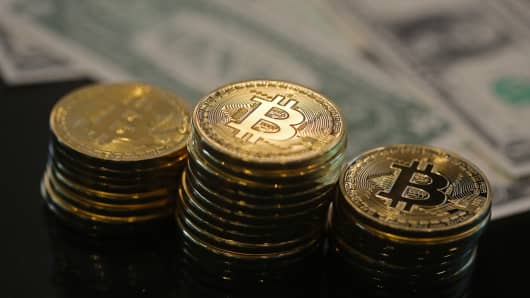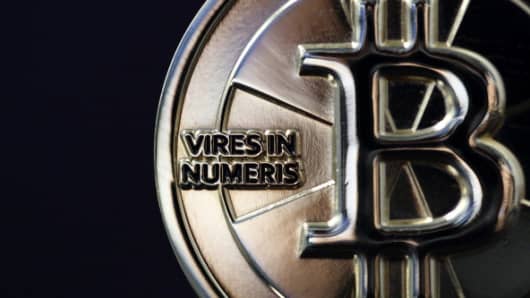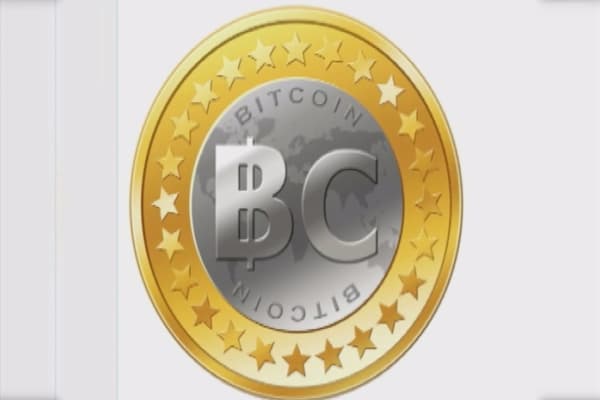Bitcoin experts have weighed into a debate regarding the legal status of the cryptocurrency following a ruling by a Florida judge last week.
Florida judge Teresa Pooler dismissed felony charges including money laundering against Michell Espinoza, who had sold bitcoins to an undercover detective.
In the ruling published on July 22, Pooler said bitcoins are not “tangible wealth” because of reasons including the fact they “cannot be hidden under a mattress like cash and gold bars.”
“This court is not an expert in economics, however, it is very clear, even to someone with limited knowledge in the area, that bitcoin has a long way to go before it is the equivalent of money,” she said.
Despite the ruling, bitcoin has been used to buy goods and services from online retailers for some time and more and more retailers are accepting bitcoin payments in stores.
Judge Pooler failed to give bitcoin the credit it deserves, according to Christopher Burniske, analyst and blockchain products lead at financial services firm ARK Investment Management.
“Judge Pooler’s commentary around bitcoin not being accepted as a means of exchange by all merchants could be applied to someone trying to use the Kenyan shilling in the U.S. and being denied,” he told CNBC in an email.
“Just because the Kenyan shilling is not accepted by all merchants doesn’t mean it’s not a currency, and the same applies to bitcoin.”
According to Burniske, bitcoin is close to fulfilling the same roles as money: It’s a means of exchange, a store of value, and a unit of account. However, bitcoin may not simply be a type of money, and may be its own unique thing, he said.
“Bitcoin is more than a currency—it is a technology that can do far more than fiat currency,” said Burniske. “Bitcoin is more than money as we currently know it, and therefore should be given the space it needs to innovate and grow into its rightful place as a new kind of asset class,” he added.
Vijay Michalik, research analyst for consultancy Frost & Sullivan, agreed with Burniske.
“I think bitcoin clearly fits the specification for a currency at this point,” he told CNBC via email. “It’s a viable medium of payment and exchange for a wide variety of commerce transactions, it’s fungible and there’s significant infrastructure and volume for currency exchange, too.”
Anatoliy Knyazev, co-founder of investment company Exante, provided a more straightforward answer to the debate.
“The courts and government agencies are going to argue – but for a bitcoin user it is money and is treated as such,” he told CNBC via email. “From the practical angle it’s very simple.”
Bitcoin was classed as a commodity in the U.S. in September 2015 by the Commodity Futures Trading Commission (CFTC), which started to clamp down on unregistered firms that traded derivatives of the cryptocurrency.
In August 2013, it was recognized by the German Finance Ministry as a “unit of account”, meaning it could be used for tax and trading purposes in the country.
Unlike fiat currencies such as the dollar or sterling, bitcoin is not backed by any government, which is an important distinction to make, argued James Lynn, U.K. managing director of blockchain payments start-up Billon Group.
“It’s actually closer to a commodity” he told CNBC in an email message. “Like gold, it’s not government backed, there’s a finite amount that can be mined, and its value is based on demand.”
Bitcoin as an investment has performed well this year. The price surged to well over $700 in June and is currently trading around $654. Year to date, its value has risen by 50 percent, but Lynn was cautious about the future of bitcoin.
“I’m still pretty bearish on the long term outlook for bitcoin,” he said. “The underlying tech is a game changer, but the currency still has too many similarities to the Dutch tulip bubble in the 1600s.”







